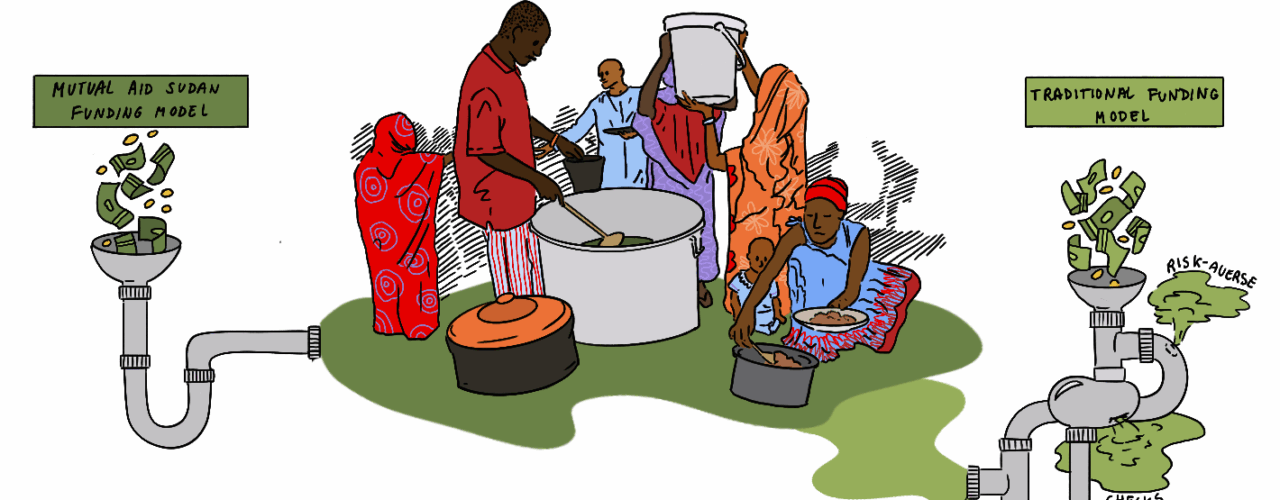
This surprising statement emerged during KUNO’s recent expert meeting on Sudan’s Emergency Response Rooms. At the meeting, donors and INGOs were urged to embrace and directly support the community-led mutual aid initiatives that have emerged in response to the civil war that has been ravaging the country for over two and a half years. In times of crisis, international responders are often slowed down by bureaucratic procedures and access constraints. Local communities, on the other hand, know the terrain, they have the trust of their neighbours, and they can act quickly. Their agility allows them to reach people in areas where international organisations simply cannot reach, which, as in Sudan, often places them as first responders. However, enabling aid to directly reach first responders like Sudan’s Emergency Response Rooms requires breaking away from the institutionalised norms of the humanitarian system – and a willingness to trust local initiatives to define and deliver what they know is best for their own survival.
If there is one lesson to be learned from Sudan’s ERR experience, it is this: Ask local responders for their solutions and see where INGOs and donors might be able to play a role to help them solve the issues they bring to the table. Co-create with local communities. Finding synergy between the agility of grassroots organisations and the institutional capacity of international humanitarian actors: that is the way forward.
Full article
Read the full article here.
Text: Roeline Knottnerus
Illustrations: Sophie Struijk
Publication: KUNO platform
